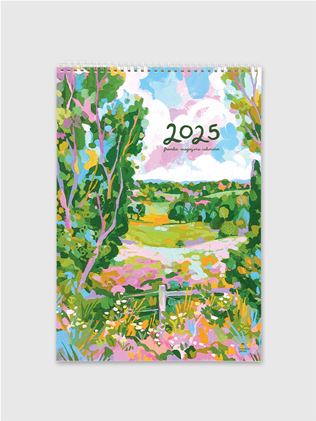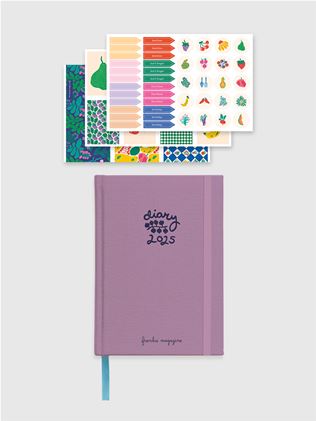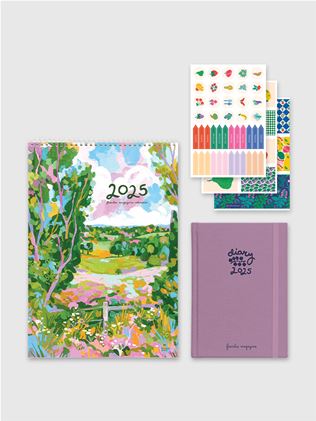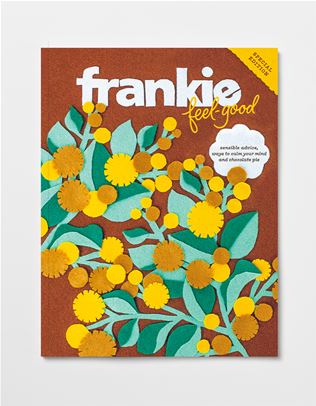how to stop overwhelming your workload and work less with more impact
Business coach Johanna Scott has some handy tips on making meaning in your work.
Around the world, people who work hard are often seen as morally good – even if they produce little to no results for the extra effort. Don’t believe me? Watch social psychologist Azim Shariff’s TED talk on the topic and understand the root of this thinking. Turns out the very act of plugging away at something is viewed as virtuous – no matter what the end result may be.
It comes down to deep cultural needs to trust the people around us. Hard work has historically been a signifier of someone you want on your side (and, thus, something we would want to demonstrate in ourselves, to prove we are worthy contributors to our community.)
But how about in this modern world? Where the nature of technology can create a constant stream of back-and-forth, engagement and, well, ‘work’, without actually moving us further ahead? Shariff’s observation that “our intuition that effort is good for its own sake, regardless of what it produces, has created a work environment with perverse incentives,” is telling. We’re busier than ever, just not more meaningfully so.
Multi-taxing seems a more appropriate term for the glorified act of multi-tasking.
If you haven’t watched the talk in full (you should), it finishes with a call to shift towards a more meaningful way to think about effort. Rather than admiring work for work's sake, we can ask each other to produce something more intentional, and in doing so make better and more meaningful progress.
HOW TO MAKE MEANING
When you’re caught up in the competitive sport of busyness, it can be difficult to see the woods for the trees. To choose more meaning over frenetic activity, it’s vital you do one thing — STOP. Take pause. Reflect.
When you begin to understand the one thing you want to achieve in your work (and of course, that evolves over time), you get clear pretty quickly about what activities will get you closer to that one thing.
For example, last year my chief aim was to create an online course on navigating tough conversations. My prime focus hours were dedicated to writing and filming this course. And yes, a lot of things were not done and fell away (much to the horror of my perfectionist alter-ego), but without this focus I would never have been able to create the course. The pull of email, social media and bright and shiny new ideas would always win without this awareness of what was most important.
For sole traders and freelancers, this is particularly important. When you’re the one doing everything in your business, you actually can’t do everything all at once. So choose wisely.
THE ANSWER IS DOING LESS
The to-do list has to be one of the biggest sources of stress out there. It creates the impression we are going to achieve a lot, but in reality, the lingering items at the end of everyday make us feel like we are failing – constantly!
So cut it down. Minimise it. Be brutal.
When you do less, it forces you to get very clear on your goals. You simply don’t have the option to aim for everything, which removes tempting distractions and time-wasters. When you are clear on your goals, you begin to understand what’s important – meaning you can ignore what’s not important. When you ignore what’s not important, you free up an incredible amount of time. And time is one of the most precious assets you can give yourself.
Aiming to do everything might make you feel productive, but the reality does not translate. When you do less, YOU become the master of your time – you are not a slave to a lack of time.
Triage your to-do list
If you make your to-do list a brain dump, you will be out of control before you’ve even started. Dumping all your 'someday’ items onto your daily to-do list gives a false sense of being organised, but it always ends with a huge list of outstanding tasks at the end of the day.
The first step in creating a smart and productive to-do list is to put firm boundaries in place for yourself – limitations are your friend here. Here’s how to whittle it down:
- Let’s start with your current to-do list: What’s on your to-do list? Get absolutely everything on there.
- Take a critical eye to each item and ask these questions: Does this need to be done at all? Does this need to be done by me? Does this need to be done right now?
- Triage your to-do list: If the answer to any of these questions is “no” then it does not belong in your daily to-do list.
You need to:
1. Delete it
2. Delegate it
3. Or document it as a future task or project
When you commit to doing less, you actually create a lot more meaning. Get intentional about what you put your effort into, and the world you imagine becomes that little bit more real.
See more from Johanna by checking out her website, Make Do Co. & connect via Instagram or LinkedIn.
For more small-business stories like this, visit frankie.com.au/strictly-business, or sign up to our monthly e-newsletter. Have a small-business story you’d like to share? Pitch it to us.










.jpg&q=80&w=316&c=1&s=1)

















.jpg&q=80&w=316&c=1&s=1)










